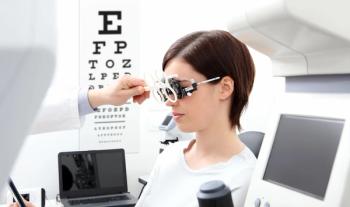
EnChroma wearable tech corrects color blindness
EnChroma has designed digital lenses that correct for colorblindness.
Berkeley, CA-
Designers developed a mathematical model of how the brain processes color and determined how to accomplish the necessary digital spectral processing with a complex coating system. The coating consists of a stack of more than 100 layers of semi-reflective material.
"By controlling the thickness of each layer to nanometer-scale precision, sharp edges can be created in the spectrum where the transmission abruptly changes to pass or block specific wavelengths of light, which is analogous to how a digital electrical signal instantaneously changes between the binary states of 0 and 1," said Andrew W. Schmeder, EnChroma's vice president of technology. "That is what we mean by digital spectral processing: the ability to make a series of precisely designed incisions along the spectrum to enhance primary colors while cutting out the intermediate wavelengths of light that dilute the color signal received by the brain."
Newsletter
Want more insights like this? Subscribe to Optometry Times and get clinical pearls and practice tips delivered straight to your inbox.



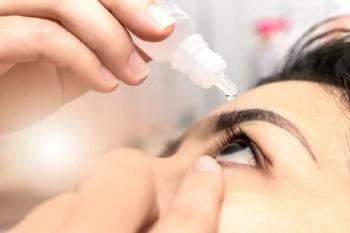
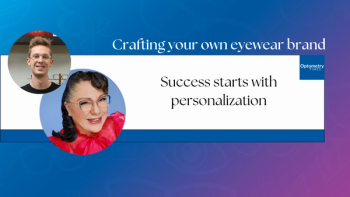
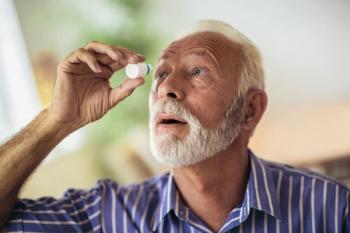

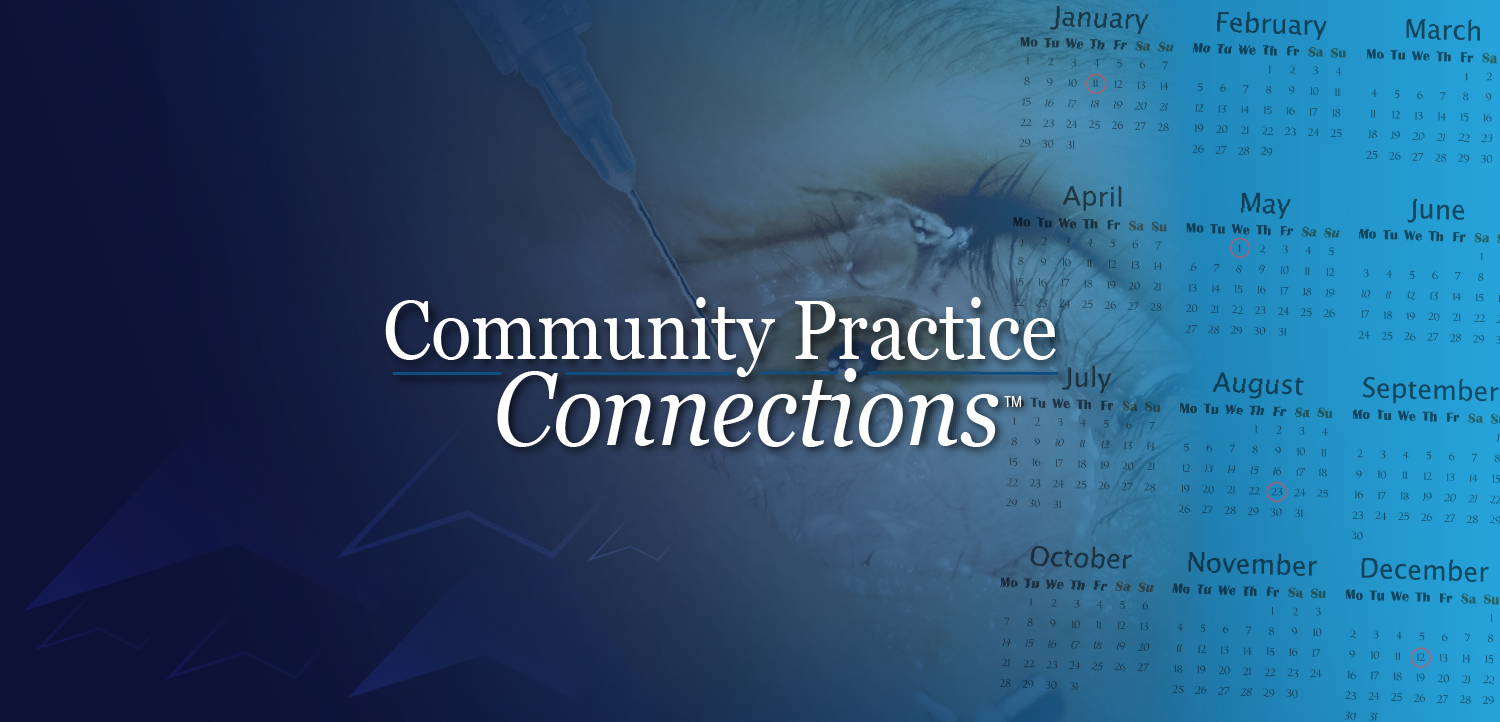








































.png)


